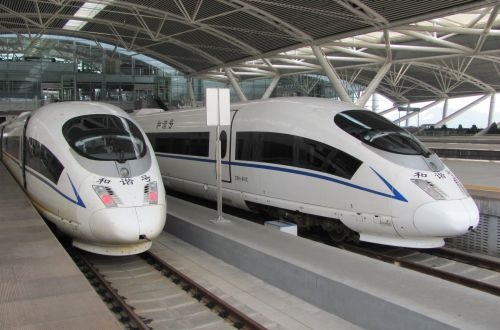The Indonesian government's decision to structure the project without any budget, guarantee, or state capital all but eliminated Japan's offer, which is a blow for Japanese prime minister Mr Shinzo Abe's policy of exporting Japanese technology to support infrastructure development in fast-growing Asian countries.
Japan had participated in studies for the project and appeared destined to secure the contract until the Indonesian government announced in April that China had entered the race with a counter offer.
Japanese government spokesman Mr Yoshihide Suga told reporters last week that an Indonesian envoy had travelled to Tokyo to inform them of the decision which he described as "extremely regrettable." However, he said that to proceed with the project without any state guarantees or taking any financial burden was "an unthinkable proposal for our country."
The decision to select China's proposal for the project appears to invalidate claims in September that the high-speed project would be scrapped in favour of a lower speed main line between the two cities with no new bids submitted by either the Chinese or Japanese consortiums. Under the Chinese bid the line will start in Halim in East Jakarta and run non-stop to Bandung. This contrasts with Japan's proposal for the line to run from Manggarai in central Jakarta and offer one stop between the two cities.
A consortium of Chinese companies is expected to pair with Indonesian state enterprises, led by construction company PT Wijaya Karya, for the project. A Chinese team is already in Jakarta and the project is expected to break ground by the end of the year with operations planned to start in 2019.

